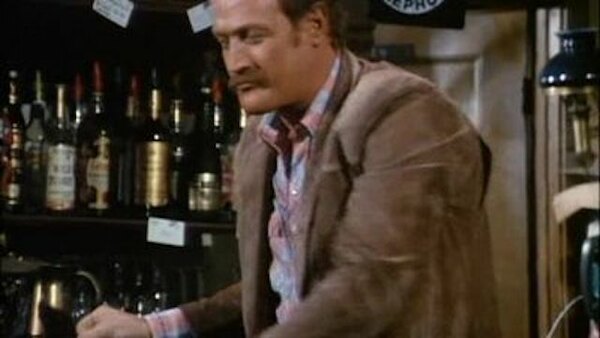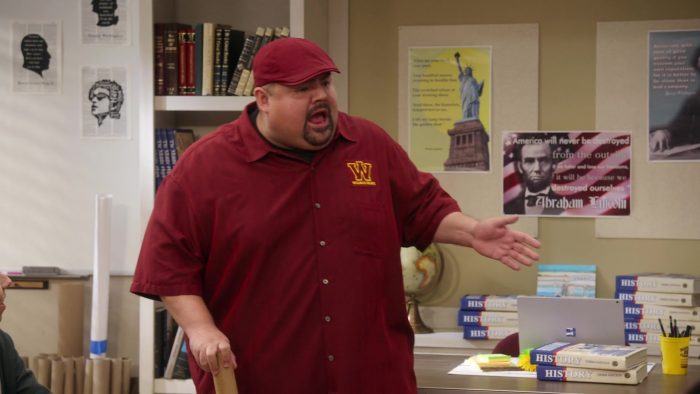
One woman, who lost her mom when she was six, wants to restore her mother's handmade wedding gown. The pieces he works with on air are special. Most of the half-hour episodes are devoted to removing pesky stains and reviving older garments to their pristine conditions. Wrapping a present in a tea towel sounds unusual but looks terrific, especially with a bottle of wine. His advice is easy to follow and innovative. In between meeting folks with stained treasures, he shares tips on living better. On principle, Richardson wants to tend to, not dispose of clothes. They have problems way beyond ring-around-the collar. In each episode, Richardson visits two people in the Twin Cities, where he lives. Amodex, a stain remover made by a women-owned company in Connecticut, is what Sharpie recommends." "It removes protein-based stains," he explained. To me, those are your must-haves."Ī standard most people keep for their whites, liquid bleach, Richardson detests. If you can't pronounce the ingredients, don't buy it! Some horsehair brushes a spray bottle of 50 percent vinegar, 50 percent water a spray bottle of rubbing alcohol a spray bottle of cheap vodka some little cloths, I use washcloths. "I want people to buy what they are most comfortable with. "You have to have some kind of really good soap," he says. "Besides a disco ball," Richardson maintains that well-appointed laundry rooms need a washer and dryer, of course, but also much more. His first answer is the embodiment of why this show is fun: a disco ball! Not surprisingly, he has excellent advice for what should be in your laundry room. Later, whenever they visited anyone, "I would ask other people if I could see their laundry room," Richardson recalled.

"One of my earliest memories is handing my granny clothes pins for clothes on the clotheslines," he says. Richardson's sudsy love goes back to his eastern Kentucky childhood, watching his grandmother wash clothes. "The year I turned three, Santa brought me a toy washing machine," he shared. He has also written a terrific book on the subject. Richardson, however, loves laundry with the zeal of a lifelong passion. Others may be more pragmatic: They need a crisp, white shirt, and the only way to make that happen is to clean and iron it.

Some appreciate that it's one of the household chores that yields immediate results. Some love laundry because it smells the way spring should. I admitted this to Richardson (pictured at top and below right), who declared that we would be great friends during an exclusive interview with MediaVillage. And so, I separate clothes properly, use every setting on my machine, have never dry cleaned a cotton shirt, and use starch when I iron. Yet, I maintain that you need not be dirty or smell rancid to be a feminist. As a feminist to my marrow, I've always felt that perfecting matters of home economics, especially if you do so for a man, is somehow loosening the often-tenuous grip on equality. My dirty little secret is this: I love laundry.


 0 kommentar(er)
0 kommentar(er)
